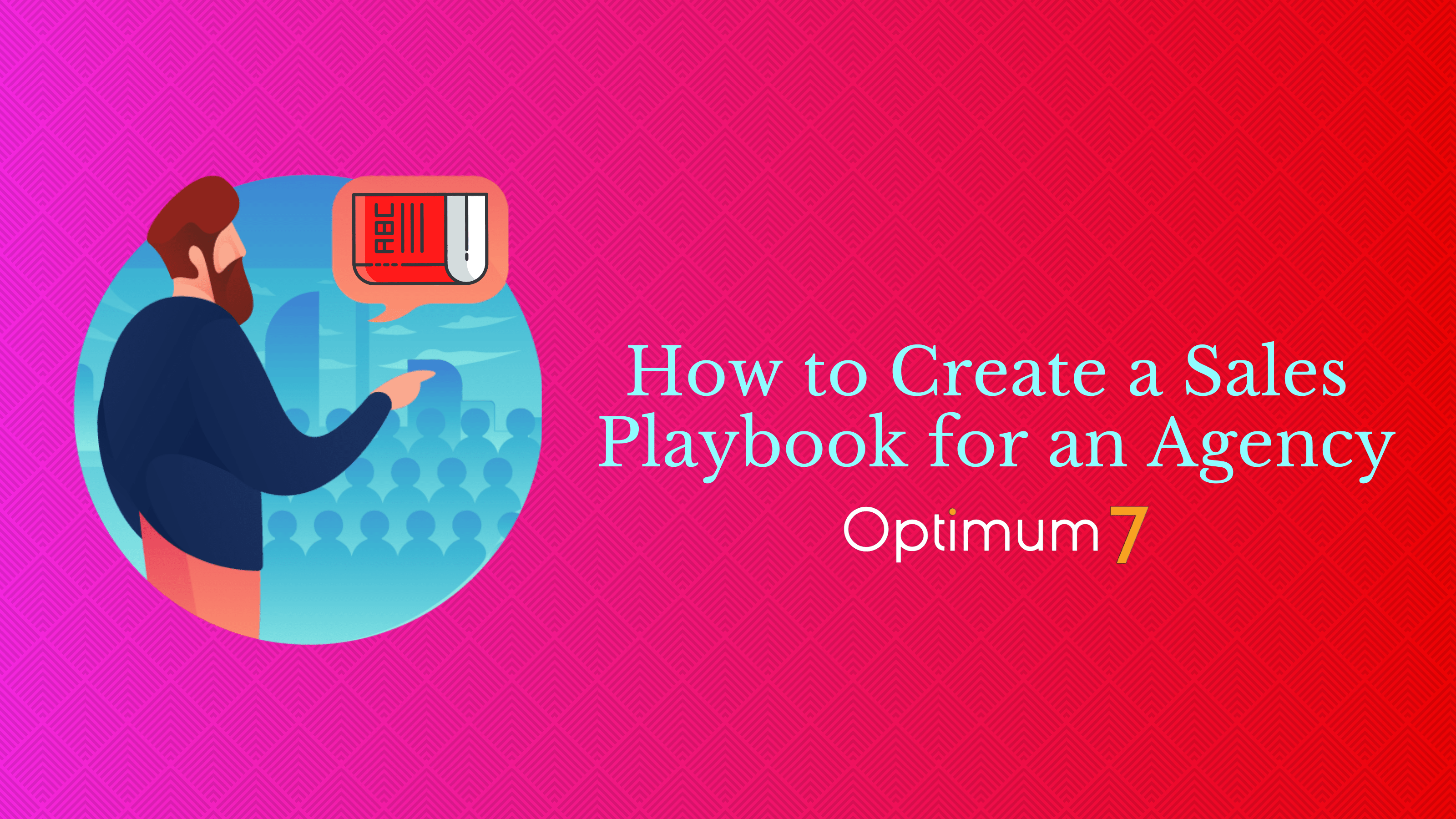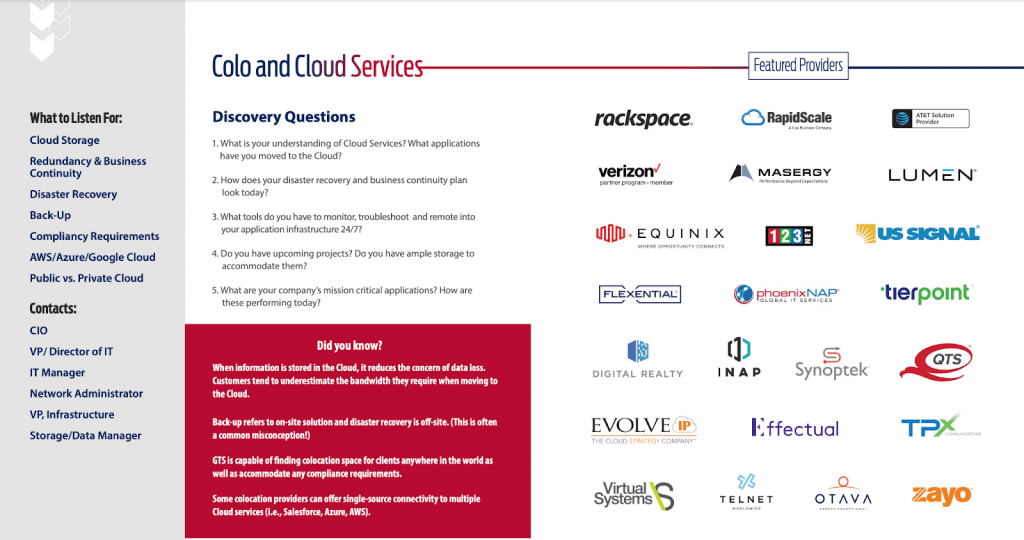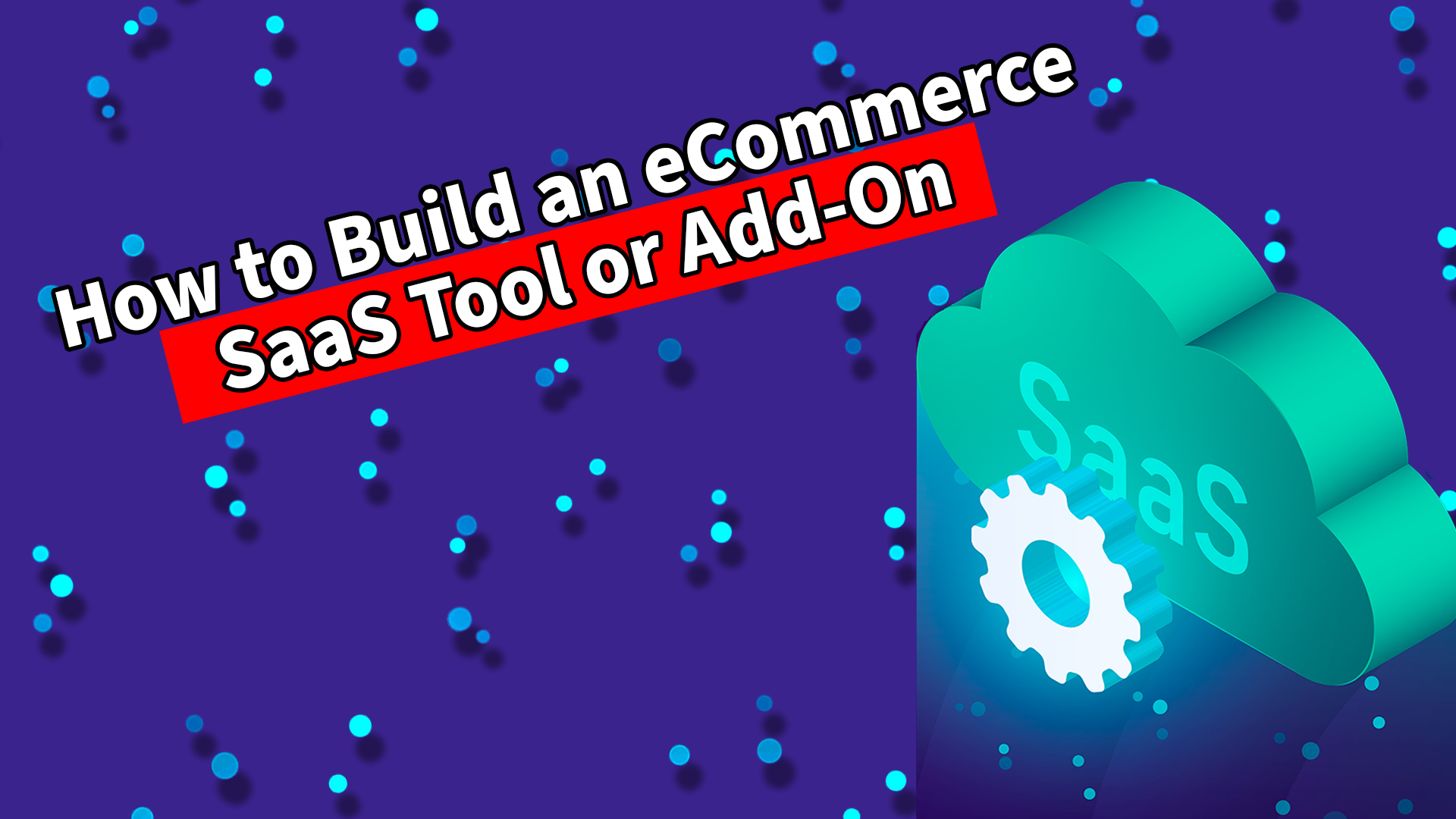Every sales team has its own unique sales process, but the best sales teams follow a sales playbook that outlines the steps to take in each stage of the sales process.
The functionality of your sales team depends on how well different members can work independently. The more autonomy you can give them, without sacrificing quality, the better they will work.
The Benefits of Creating an Agency Sales Playbook
A sales playbook can help establish this independence by alleviating some of your team’s workload and standardizing best practices. It also reduces ramp-up time for new hires, as they’ll know which stages to focus on based on how long they’ve been with your company.
A sales playbook is not only helpful for new hires – it can help veteran salespeople optimize their workflow and become even more productive. Without a playbook, your sales reps do more than necessary.
They have to come up with a different angle every time they talk to a prospect or lead. If you’re a sales rep, then you know the pain of writing the same email twenty different times on the same day or starting a conversation with a prospect without knowing how you’ll pitch the product to them.
Creating sales playbooks will give your salespeople instant access to effective sales scripts so they can close deals more quickly and easily.
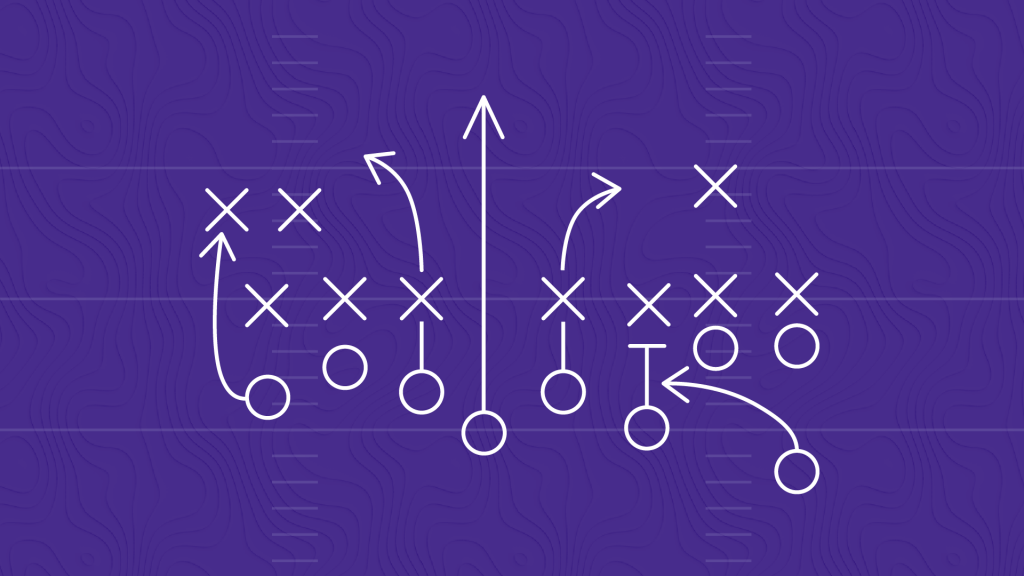
Makes Training Easier and Faster
When it comes to training a new salesperson, having a playbook can make it a lot easier. Not only does it help new salespeople get up to speed quickly, but it also ensures that everyone is on the same page when it comes to how your company sells its products or services.
A sales playbook for an agency should include explicit explanations of who your customers are, how they buy your products, what pain points they experience, what to say to them, and more. This information will not only help new salespeople learn the ropes quickly, but it will also help them better understand how to sell to your customers.
Having a well-defined sales playbook can also make it easier to track sales performance and identify areas where improvements can be made.
Surfaces the Most Effective Selling Techniques
A sales playbook helps sales and marketing teams keep track of sales techniques that are working well and the ones that aren’t. Just like an NFL coach runs practice drills with his team, sales managers can run sales playbooks to make sure that the approaches their sales teams use are cutting through the noise and getting results.
You will find that a playbook is an invaluable tool for sharing the most effective techniques being used on your team. This can help you disseminate these methods more easily.
Creating an Agency Sales Playbook
To reduce wasted time and increase productivity, agencies should implement sales playbooks for their sales teams. The first step toward creating a sales playbook is identifying the sales process that works for your company.
This can be done by talking with other team members or sales reps who are successful at closing sales. You want the sales process to be as streamlined as possible because this will ensure you don’t forget any steps in the play.
Once you have identified how your company closes deals, the next step is to document it. Making your own sales playbook from scratch can be a time-consuming process, but it’s worth all the effort. However, you can also get a prebuilt playbook that works for you.
Sales Plays that You Must Include in Your Playbook
Sales plays are unique to your specific company and goals. If a sales playbook is a manual, a sales play is a specific tutorial within the manual.
You can create a sales play for one specific stage of the sales pipeline. You can also create sales plays for different types of customers.
Personalized Content Play
Personalized content will always be an important part of any company’s sales strategy. This can help you focus on the different ways that sales reps can personalize their buyer journey for specific leads or prospects. This can be through interactions with them in person as well as what information they share online.
Lead Qualification Play
Focus the playbook on how reps can efficiently identify highly-qualified leads to reach out to.
Demo Play
Focus the playbook on how reps can effectively demo specific products and even features.
Prospecting Play
Focus the play on how reps can prospect on a certain platform or channel, or specific tactics they can follow to identify ideal prospects.
Closing Play
Focus the play on how reps can move a lead who’s late in the buyer’s journey into the closing phase in a way that feels natural, professional, and effective.
How to Write and Update Your Sales Playbook
Review Your Sales Process Regularly
Reviewing your sales process regularly is vital to ensure that it’s still effective.
Changes in your sales goals, the way your reps sell, your products and features, and your buyer personas can all affect how well your sales process works. Updating your sales playbook to reflect these changes will help you achieve the results that you’re looking for.
Make sure to analyze your sales process frequently and make changes as needed so that your sales playbook complements it effectively. Doing this will help you create a sales process that is tailored to meet the needs of your business and improve your chances of success.
Decide Who Should be in the Sales Playbook Creation Process
When creating a sales playbook for an agency, it’s important to involve everyone who will be using it. This includes sales representatives, marketing managers, and even the CEO. By getting everyone’s input, you can create a playbook that is tailored to your specific sales process and helps you achieve your goals.
One way to get everyone involved is to hold a series of brainstorming sessions. This allows everyone to share their ideas and come up with a plan that works for the whole team. You can also use online tools like Google Docs or Trello to facilitate collaboration.
Once you have all the ideas collected, it’s time to start putting together the actual playbook. This can be a daunting task. By dividing it into sections it can be less of a pain.
Outline Your Sales Playbook Goals
When creating a sales playbook for your agency, it’s important to set specific goals for the playbook. This will help you focus your efforts and make sure that the playbook is effective.
- What does the playbook need to include?
- Which specific aspects of the buyer’s journey and sales process need to be touched on?
- What are reps struggling with that can be explained in the playbook?
- For example, if your reps are struggling with qualification, your sales playbook may include qualification sample questions, qualification frameworks, and common-fit indicators.
- What do you hope to get out of the playbook?
- When should the playbook be finalized?
Make your playbook goals specific. Reps will be more likely to adopt a short, focused, and relevant approach over long complex ones with many facets that lack relevance or direction.
A good way of doing this would be by choosing one thing you want the most out of your sales process.
Align Your Sales Team with Your Marketing Team
Aligning your sales and marketing teams is critical to creating a sales playbook that will be effective for your agency. Sales and marketing should be working together to create content, sales enablement materials, and educational information that reps can use to sell your services.
This alignment will help ensure that your sales team has the resources they need to close deals and that your marketing team is creating content that supports the sales process. One way to ensure alignment between sales and marketing is to have regular meetings between the two teams.
In these meetings, sales and marketing can share what they are working on, discuss strategy, and make sure that everyone is on the same page. By keeping communication and collaboration lines open, Sales can share information with Marketing about what they need to streamline the selling process and, as a result, you’ll have more efficient processes for both departments in order to create success together!
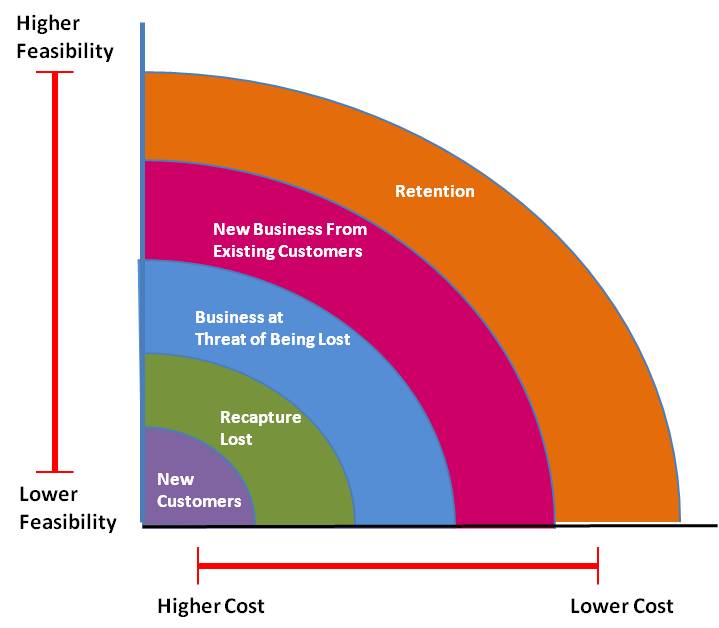
Know Your Buyer Persona
To create a sales playbook that’s effective, you need to have a deep understanding of your leads. What are their pain points? What are they looking for in a product or service? What motivates them?
The more you know about your leads, the easier it will be to create content and messaging that resonates with them — and the better equipped your sales reps will be to close deals. It’s important that sales reps understand prospects, including their behaviors, interests, and challenges.
That’s why it’s imperative for sales teams to build strong relationships with sales enablement professionals who can provide sales playbooks. As your business grows, and your base of customers includes more people, you will have to update your buyer personas as needed.
Provide Product and Feature Training for Reps
Creating a sales playbook is only the first step in building an effective sales process. Equally vital is making sure that your reps have a deep understanding of your product and its features. This involves providing them with product and feature training and education, so they can sell your product effectively.
Your reps need to be able to answer any question a customer might ask about your product, and they need to be able to do this with confidence. They should also know how to position your product against the competition, and understand the benefits it offers potential customers.
This type of training and education is essential for building a successful sales team. With the right knowledge and skills, your reps can sell your product successfully and help you grow your business.
Analyze the Overall Success of Your Playbook
After your sales playbook has been shared and used by reps, keep tabs on its relevance, success, and helpfulness.
Ask reps for their opinions on the playbook and its usefulness. For instance, you might conduct a survey to get feedback on the playbook. This way you can effectively update and edit the playbook as needed to ensure greater or continued success.
Once sales are complete (or you’ve otherwise reached your specific end goal), you can measure sales effectiveness based on numbers like the total number of people using sales playbooks or which sales techniques were most used in reports. You can also determine how long it takes for salespeople to implement sales playbooks.
Sales Playbook Examples

1. Cobalt Iron Partner Playbook
Cobalt Iron has put together a sales playbook template that is easy to follow and outlines everything you need to know about the product and the industry. Cobalt Iron’s playbook for its partners is a classic example of a well-executed playbook.
The playbook starts by providing an overview of Cobalt Iron and its products. Then, it shares several elevator pitches that partners could use.
2. Global Telecom Solutions Partner Playbook
Global Telecom Solutions follows a well-structured sales playbook template to provide discovery questions and tips for their solution partners.
One of the reasons this playbook works so well is because it’s not prescriptive. Instead, it gives you space to move around.
Conclusion
The sales playbook is a critical tool for any winning sales team, acting as a single source of knowledge for everyone involved in the sales process. A sales playbook will increase efficiency in your team and improve close rates across the board.
However, don’t let the document stagnate. Update your sales playbook as your sales process changes and improves. Your sales playbook should be brief, easy to understand, and should be able to help the salesperson close the deal for maximum efficiency.
We have been through different iterations of an Agency Sales Playbook. Contact us for a template or a specific process.
